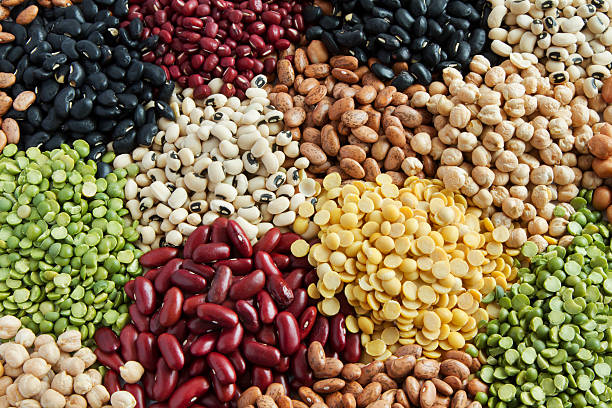The #1 Rated Blood Sugar Formula
Here’s How Lentils Can Help You Manage High Blood Pressure

A daily cup of peas, lentils, garbanzo beans, or beans can keep your blood pressure in check and even lower it. Legumes and beans are big on fiber and can help ward off coronary heart disease, too.
black lentils
Best of all, black lentils are the most nutritious variety of lentils, boasting the highest amount of protein, plus high levels of calcium, potassium, and iron
Eating one serving a day of beans, peas, chickpeas or lentils can significantly reduce “bad cholesterol” and therefore the risk of cardiovascular disease, a new study has found.
How can lentils help control hypertension?
Our expert Nidhi Dhawan, HOD – Dietetics, Saroj Super Speciality Hospital, Delhi, suggests that people with hypertension must add legumes and lentils to their daily diet. Lentils contain a small amount of polyunsaturated fatty acids, which help to eliminate the harmful lipids that form plaque in the arteries. This promotes better blood circulation and thus keeps hypertension at bay. Moreover, their fibre content can reduce the absorption of fat and cholesterol in the gut, to avoid disorders pertaining to high cholesterol levels in the blood. Another benefit of lentils is that they can help control blood sugar levels. They have high fibre content, which prevents sugar levels from rising too rapidly after a meal. Research suggests that the consumption of lentils may increase the availability of arginine and other compounds that may help increase nitric oxide production in the body, thus also adding to the blood-pressure-lowering effects of lentil-rich diets. [1]Ways to add lentils or dal to your diet
- Add parboiled lentils to your salads
- Leftover dal or cooked dal can be added to the dough when preparing rotis.
- Legumes like chickpeas can be boiled with salt and consumed as a midday snack
- Add different types of dals like moong, masoor and tur dal to your daily diet
- Make tikkis or sandwiches with kidney beans (rajma) and dal mix
Lentils have very similar health benefits as beans, but they have a few advantages. They are lower in phytates than beans. Phytates, decrease the body's ability to absorb micronutrients. In fact, red lentils may have less than 50% of the phytates than some low phytate varieties of corn, wheat, beans, and soybeans.
Lentils to do not require soaking like other pulses. Rinse your lentils with fresh water before boiling to remove any dust or debris. Cook on a stovetop, using 3 cups of liquid (water, stock, etc) to 1 cup of dry lentils.






